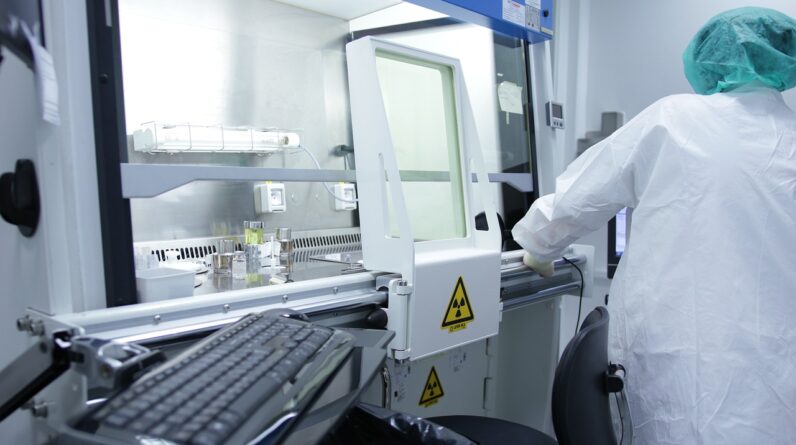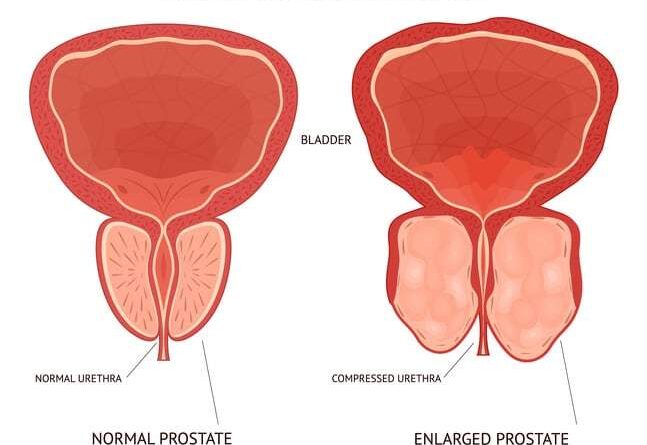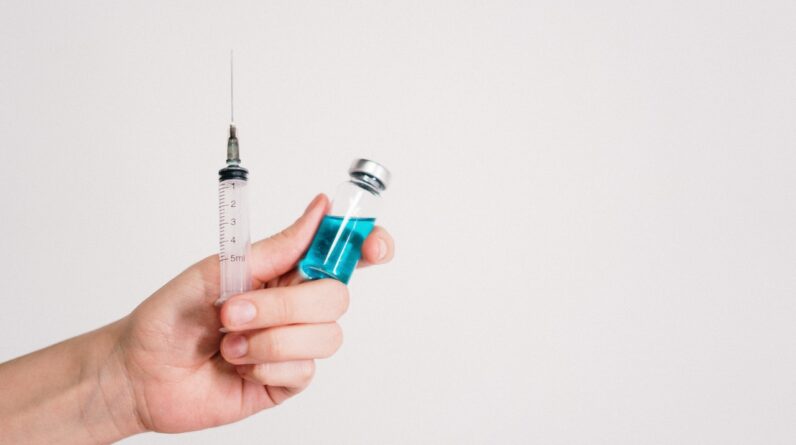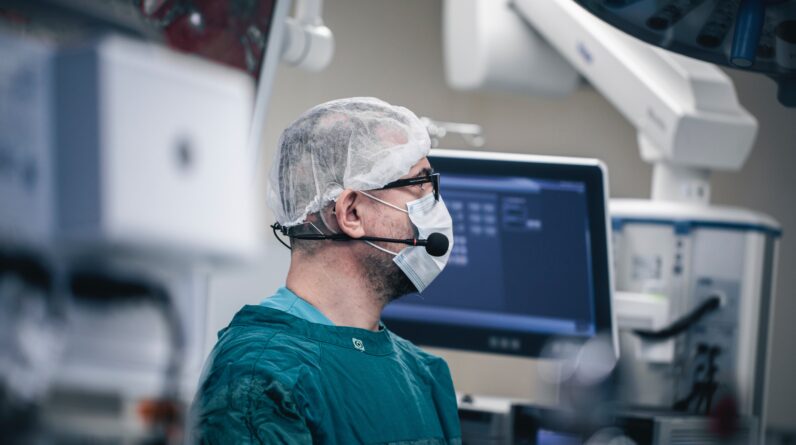
In the medical world, prostate cancer is a common male disease that’s often a cause for concern. As we navigate the intricacies of this condition, an important question pops up: are there bowel problems after radiotherapy for prostate cancer?
Understanding Prostate Cancer
Prostate cancer originates in the prostate, a small gland that produces seminal fluid in men. While some types are slow-growing and may require minimal or even no treatment, others can be aggressive and spread quickly.
Radiotherapy for Prostate Cancer
Radiotherapy is a commonly used treatment for prostate cancer.
What is Radiotherapy?
It’s a procedure that uses high-energy radiation, often in the form of X-rays, to destroy cancer cells.
Procedure of Radiotherapy for Prostate Cancer
The process typically involves a series of treatments, often spanning over several weeks. It’s designed to kill cancer cells while minimizing harm to the surrounding healthy cells.
Bowel Problems After Radiotherapy
After the radiotherapy, patients may experience some side effects.
Potential Risks
One potential risk tied to this treatment is the development of bowel problems.
Common Bowel Issues After Radiotherapy
These can take multiple forms, including diarrhea, rectal bleeding, and bowel incontinence.
Diarrhea
This condition is characterized by frequent, loose stools, and can lead to dehydration if not managed properly.
Rectal Bleeding
This might occur if radiation causes damage to the blood vessels in the rectum.
Bowel Incontinence
This refers to the inability to control bowel movements, leading to unexpected leakage of stool.
How Common are Bowel Problems After Radiotherapy?
Studies suggest that these side effects are relatively common but vary significantly from person to person based on factors like age, overall health, and the specifics of their cancer and treatment plan.
How to Manage Bowel Problems Post-Radiotherapy
Managing these conditions effectively often requires a combination of medical interventions and lifestyle changes.
Medical Interventions
Your healthcare provider may prescribe medications or suggest certain medical procedures to alleviate your symptoms.
Lifestyle Changes
Diet modifications, regular exercise, and hydration can also play a vital role in managing bowel problems.
Importance of Doctor Consultation
Despite the wealth of information available, it’s essential to consult your doctor when dealing with such issues. Every individual’s case is unique, and professional medical advice is irreplaceable.
In Conclusion
To circle back to our original question – yes, bowel problems can occur after radiotherapy for prostate cancer. However, it’s crucial to remember that these side effects can be managed, and seeking help is the first step towards handling this situation effectively.
FAQs
1. How long do bowel problems last after radiotherapy for prostate cancer?
The duration varies from person to person, and it can range from weeks to several months. Some patients might even experience long-term issues.
2. Can bowel problems be prevented during the course of radiotherapy?
While it’s difficult to completely prevent these issues, strategies like adjusting diet, staying hydrated, and following your doctor’s advice can mitigate the severity of bowel problems.
3. Does every person undergoing radiotherapy for prostate cancer experience bowel problems?
Not necessarily. The prevalence and severity of bowel problems can greatly vary based on individual factors like overall health, age, and treatment specifics.
4. What kind of diet should one follow post-radiotherapy?
Generally, a diet rich in fiber, and low in spicy and fatty food can help manage bowel problems. However, it’s best to consult with a healthcare provider or a dietitian for personalized advice.
5. Is it normal to see blood in the stool after radiotherapy?
While it can be a common side effect, it should never be dismissed. Always report such occurrences to your healthcare provider for proper examination and management.
6. How soon after radiotherapy can bowel problems occur?
Bowel problems can start during or immediately after the course of radiotherapy. In some cases, they may develop a few weeks after the completion of treatment.
7.Can bowel problems caused by radiotherapy lead to more serious conditions?
In some cases, long-term or unmanaged bowel issues could potentially lead to more serious conditions like chronic diarrhea, rectal bleeding, or anal fissures. Regular follow-up with your healthcare provider is key to addressing any concerns early.
8. Does the type of radiotherapy affect the likelihood of bowel problems?
Yes, different types of radiotherapy such as external beam radiation therapy (EBRT) or brachytherapy may have different side effect profiles. It is best to discuss this with your oncologist.
9. Are there any natural remedies to ease bowel problems post-radiotherapy?
Certain natural remedies like staying hydrated, eating a high-fiber diet, and practicing regular exercise can help. However, these should be used in conjunction with, not as a replacement for, medical treatment.
10. Can bowel problems return once they have resolved post-radiotherapy?
While most patients see an improvement in bowel problems over time, there can be instances of recurrence. Always keep your healthcare provider informed about your symptoms for prompt management.







